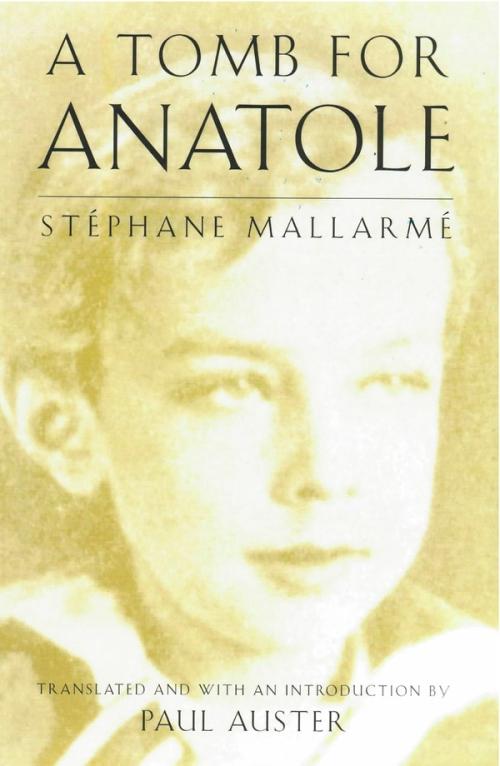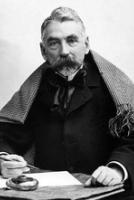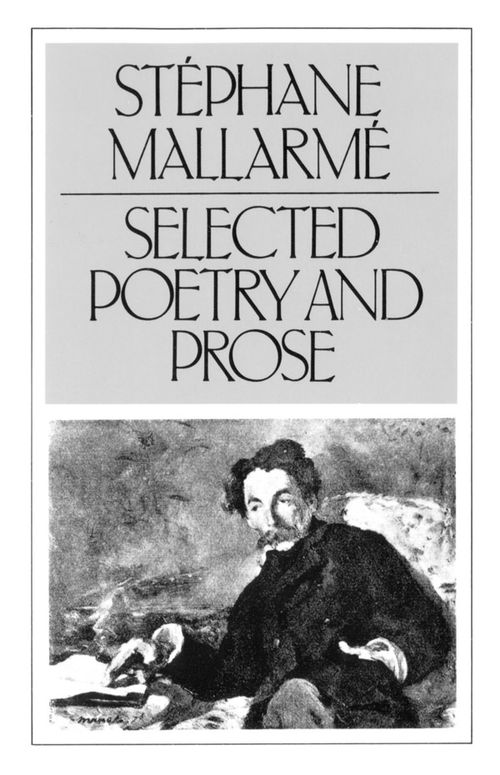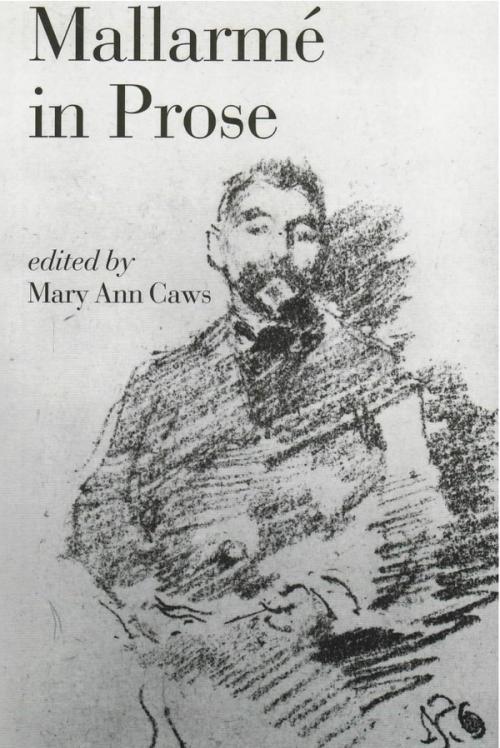A Tomb For Anatole
by Stéphane Mallarmé
Translated from French by Paul Auster
The great French Symbolist poet Stéphane Mallarmé (1842-1898), who changed the course of modern French literature, suffered many tragedies, but the cruelest blow of all struck in 1879, when his beloved son Anatole died at the age of eight. His unbearable grief inspired him to attempt a major work. A Tomb for Anatole presents the 202 fragments of Mallarmé’s projected long poem in four parts, by far the poet’s most personal work, and one he could never bring himself to complete. To speak publicly of his immense sorrow, Mallarmé concluded, “for me, it’s not possible.” Paul Auster notes in his excellent introduction that facing “the ultimate horror of every parent,” these fragments “have a startling, unmediated quality.” Unpublished in France until 1961, this work is very far from the oblique, cool “pure poetry” Mallarmé is famous for, poetry that sought to capture––painstakingly––l’absente de tous bouquets (the ideal flower absent from all bouquets). The fragments of A Tomb for Anatole instead show Mallarmé at his most radical and fierce. “For here we find a language,” Paul Auster comments, “of immediate contact, a syntax of abrupt, lightning shifts… so densely charged that these tiny particles of language… somehow leap out of themselves and catch hold of the succeeding cliff-edge of thought.”
Paperback(published Jun, 01 2005)
- ISBN
- 9780811215930
- Price US
- 16.95
- Price CN
- 24
- Trim Size
- 6x9
- Page Count
- 228



